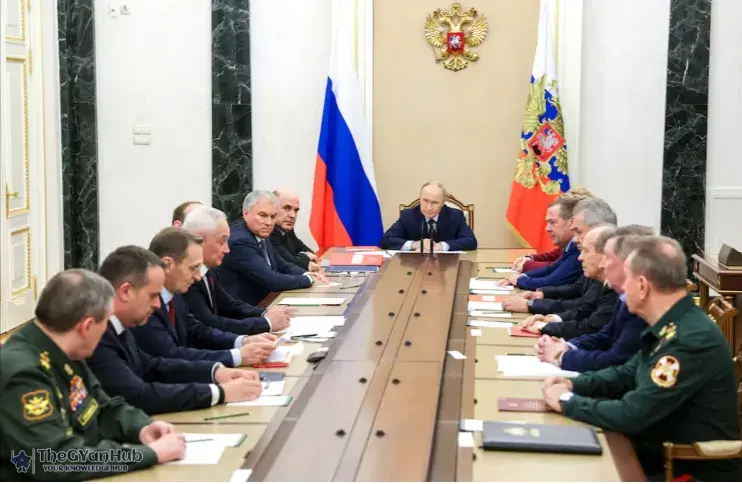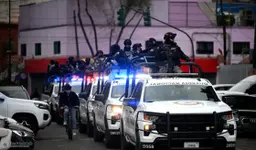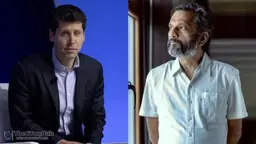I’m a passionate writer who loves exploring ideas, sharing stories, and connecting with readers through meaningful content.I’m dedicated to sharing insights and stories that make readers think, feel, and discover something new.
Introduction
In a move that has sent ripples across the global stage, Russian President Vladimir Putin has ordered his top officials to draft proposals for the resumption of nuclear testing. This directive comes in the wake of former US President Donald Trump's comments suggesting that the United States might consider resuming its own nuclear tests. The implications of such actions are profound, potentially reshaping international arms control dynamics and raising tensions among global powers.
The Context of Putin's Directive
Putin's decision to explore the resumption of nuclear testing is not an isolated event. It is a response to the evolving geopolitical landscape, where nuclear capabilities remain a critical component of national security strategies. The recent statements by Donald Trump have added a new layer of complexity to this already intricate issue. Trump's remarks have reignited debates about the necessity and consequences of nuclear testing, prompting Russia to reassess its stance.
Historical Background
Nuclear testing has been a contentious topic since the Cold War era. The Comprehensive Nuclear-Test-Ban Treaty (CTBT), which Russia has signed but not ratified, aims to prohibit all nuclear explosions. However, with the treaty not yet in force, countries like Russia and the US retain the technical capability to conduct tests. The last Russian nuclear test was conducted in 1990, and since then, the country has adhered to a moratorium on testing.
Potential Implications
The potential resumption of nuclear testing by Russia could have significant implications for global security. It may lead to a renewed arms race, with other nuclear-armed states feeling compelled to follow suit. This scenario could undermine decades of efforts towards nuclear disarmament and non-proliferation. Moreover, it could strain Russia's relations with key international partners and lead to increased sanctions or diplomatic isolation.
International Reactions
International reactions to Putin's directive have been mixed. Some countries have expressed concern over the potential escalation of nuclear tensions, while others have called for renewed diplomatic efforts to prevent a return to Cold War-era hostilities. The United Nations and various non-proliferation organizations have urged restraint and dialogue to address the underlying security concerns driving these developments.
The Path Forward
As Russia considers its next steps, the international community will be closely monitoring developments. Diplomatic engagement and dialogue will be crucial in preventing a new nuclear arms race. Countries with vested interests in global stability must work together to reinforce existing arms control agreements and explore new avenues for cooperation.
Putin's order to draft proposals for the resumption of nuclear testing marks a pivotal moment in international relations. The world stands at a crossroads, with the potential for either increased cooperation or heightened conflict. The decisions made in the coming months will have lasting impacts on global security and the future of nuclear non-proliferation efforts.
Further Reading
Related articles in this category
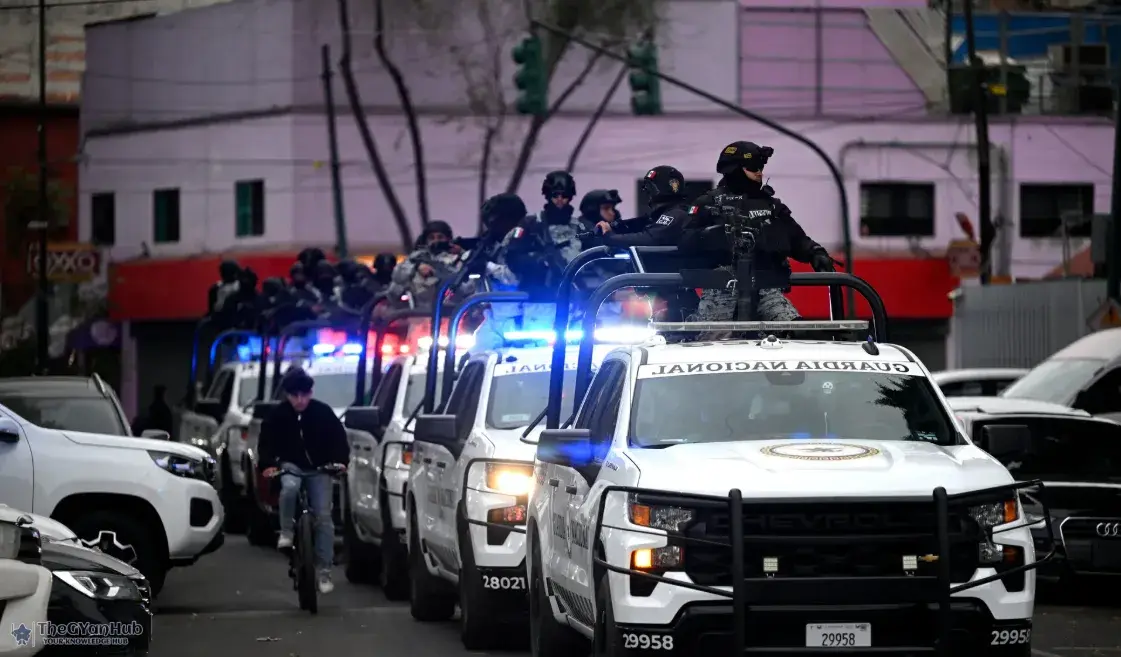
World News
El Mencho Killed: The Fall of Mexico's Most Powerful Drug Cartel
February 23, 2026
The recent killing of Nemesio Rubén Oseguera Cervantes, known as 'El Mencho', has led to significant upheaval in Mexico as the Jalisco New Generation Cartel faces a power vacuum. This article explores the implications of his death on the drug trade and national security.
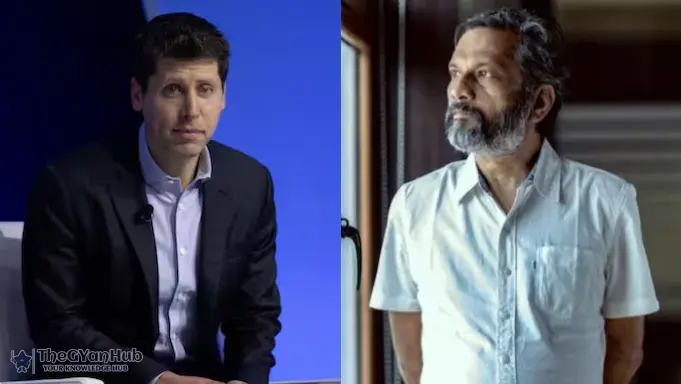
World News
Sam Altman vs. Sridhar Vembu: A Clash on AI and Human Energy Consumption
February 22, 2026
In a recent discussion, Sam Altman compared the energy consumption of AI systems to that of humans, prompting a strong rebuttal from Sridhar Vembu. This article explores their contrasting views on energy efficiency and sustainability.
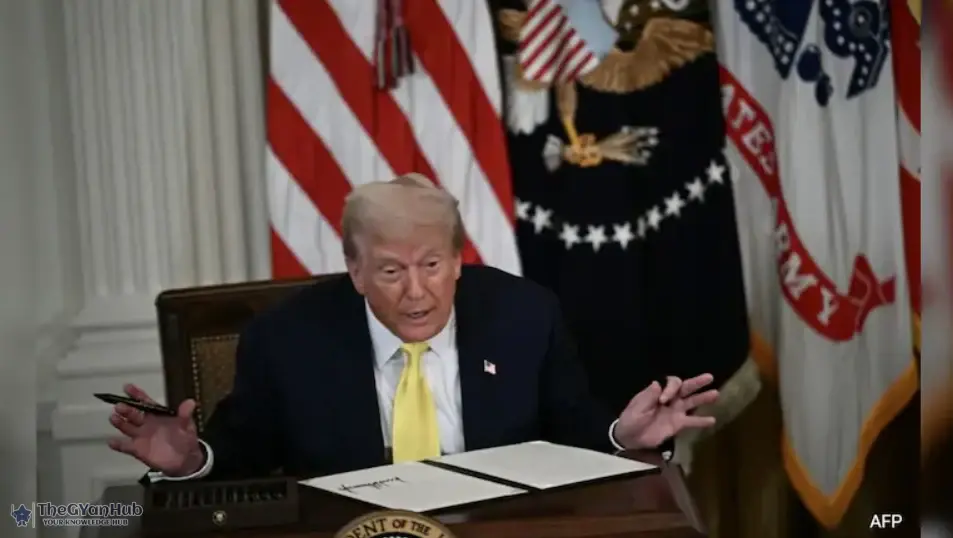
World News
Trump's Loss, India's Gain? How Tariff Order Could Affect Trade Talks
February 20, 2026
The US Supreme Court's decision to strike down Trump's Global Tariffs Policy may have significant implications for India, potentially reshaping trade dynamics. As New Delhi navigates this change, the global trade landscape could see a shift in power.
Putinnuclear testingRussiaarms raceinternational relationsTrumpglobal securitynon-proliferationCTBTgeopolitical tensions
